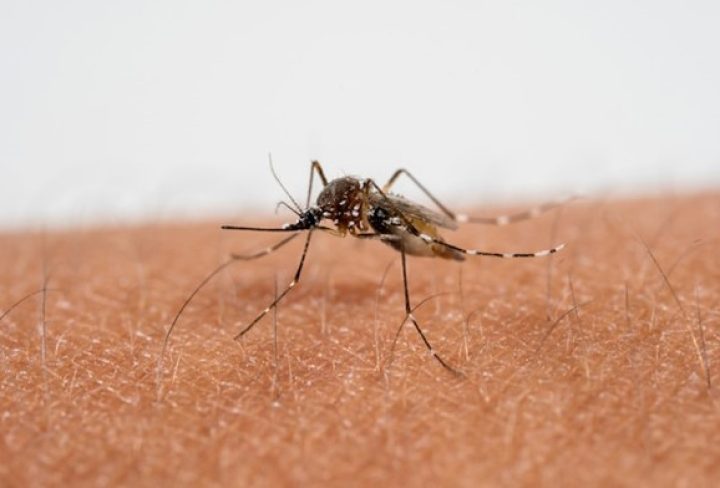What is Dengue Fever?
Dengue fever is a viral infection caused by the dengue virus, which has four distinct serotypes. It is primarily spread by the Aedes aegypti mosquito. Dengue does not spread through direct contact, sharing utensils, clothes, or toys with an infected person.
How is Dengue Transmitted?
•Mosquito Bite: Dengue is transmitted through the bite of an infected Aedes mosquito, which is most active during the day, particularly two hours after sunrise and two hours before sunset.
•Breeding Sites: These mosquitoes lay their eggs in stagnant, clear water found in places like old tires, coconut shells, aquariums, overhead tanks, and construction sites.
Symptoms of Dengue Fever
Dengue fever progresses through three phases:
1. Febrile Phase (1 to 4 days):
•Sudden high fever
•Severe headache
•Flushing
•Vomiting
•Body pain
•Pain behind the eyes
•Rash
•Bleeding from the nose or gums
•Tiny red spots on the body
2. Critical Phase (5th-7th day):
•Persistent vomiting
•Severe abdominal pain
•Lethargy
•Dizziness
•Nosebleeds
•Black-colored stools
•Low blood pressure
•Rapid heart rate
•Organ damage
3 .Recovery Phase:
•Itching
•Sense of well-being
Warning Signs of Severe Dengue (Seek Immediate Medical Attention)
•Persistent vomiting
•Severe abdominal pain
•Lethargy
•Rapid heart rate
•Bleeding gums or nose
•Black-colored stools
Risk Factors for Severe Dengue
•Obese children
•Malnourished children
•Children under 12 months of age
•Children with heart disease
•Children on blood thinners
Dengue Testing
•Dengue NS1 Antigen Test: Detects dengue early, within the first few days of symptoms.
•Dengue IgM Test: Performed after the fourth day of fever onset.
Dengue Treatment
There is no specific treatment for dengue. Management focuses on monitoring and symptomatic care:
•Oral Rehydration: Adequate fluid intake (preferably ORS) for those with good oral acceptance.
•Hospitalization: Necessary for patients with poor oral acceptance or warning signs. Intravenous fluids and close monitoring are required.
Home Care for Dengue
•Ensure the child drinks plenty of fluids (water, ORS, juice, soup) to prevent dehydration.
•Give paracetamol (acetaminophen) for fever and pain relief. Avoid aspirin or ibuprofen.
•Encourage rest.
•Monitor symptoms and seek medical advice if they worsen.
When to Rush to the Hospital
•Severe abdominal pain
•Persistent vomiting
•Rapid breathing
•Bleeding (nosebleeds, gum bleeding, blood in vomit or stool)
•Fatigue or irritability
•Cold or clammy extremities
Prevention of Dengue
1. At the Personal Level:
•Wear long-sleeved shirts and pants.
•Use mosquito repellents.
•Sleep under mosquito nets.
•Clear stagnant water sources near your house.
•Use fine mesh screens on windows and doors.
2. At the Community Level:
•Reduce mosquito breeding sites.
•Close open water tanks.
•Clear containers that can hold water (tires, bottles, large tanks).
•Implement chemical/biological larvae reduction.
•Create awareness through educational programs.
Conclusion
By understanding and following these guidelines, you can help protect your child and family from dengue fever. If you have any concerns or your child’s condition worsens, seek medical attention promptly.

